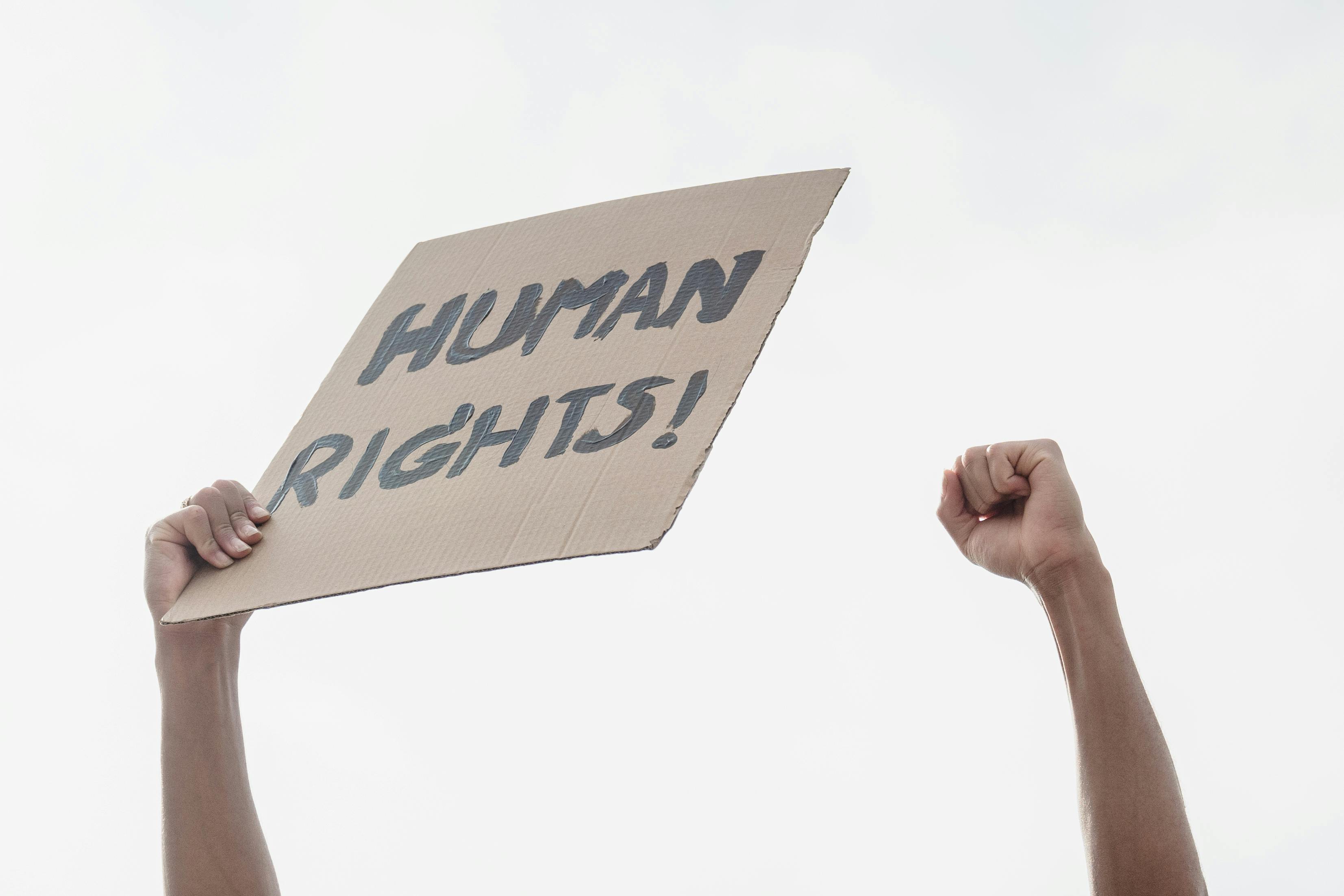Instead of shortcuts we demand a truly independent human rights authority.
Instead of institutional shortcuts, we demand an independent human rights authority.
The decision to entrust the Italian Data Protection Authority (Garante per la Protezione dei Dati Personali) with the role of independent national mechanism for monitoring fundamental rights, as envisaged by the New European Pact on Migration and Asylum, raises several concerns.
Regulation (EU) 2024/1356 and the guidelines of the European Union Agency for Fundamental Rights (FRA) state that each Member State must establish an independent body to monitor compliance with human rights within their border and asylum procedures.
This is a sensitive task requiring legal, investigative, psychological and social expertise, alongside the ability to operate with full autonomy.
Yet, Italy has chosen to assign this role to the Data Protection Authority, rather than creating a dedicated institution. Although technically compatible with European obligations, this choice betrays the substance of the mandate. Indeed, the Authority is independent, but it’s competency is and has been in protecting personal data, rather than the systematic monitoring of human rights.
This choice is a way of bypassing structural shortcomings, as Italy is one of the few EU countries that still lacks a genuine National Human Rights Institution as envisioned by the 1991 Paris Principles. Instead of filling this gap, those tasked with operationalising compliance with the relevant regulations preferred to take an administrative shortcut.
The Paris Principles were adopted by the United Nations General Assembly more than thirty years ago and clearly set out what is required in order for a mechanism protecting fundamental rights to be truly independent: a broad and permanent mandate, operational autonomy, adequate resources, pluralism, and the capacity to act across the full spectrum of human rights.
Assigning this function to an authority with a limited mandate and only sectoral competences risks undermining the defining objective of this work: ensuring that those who arrive at the Union’s borders are treated with full respect for dignity and for the law.
This issue extends beyond this individual choice. In a context marked by informal pushbacks, prolonged detention, and widespread violations of migrant peoples’ rights, we need an institution which not only observes but also documents and denounces failures, while promoting structural reforms.
The protection of fundamental rights cannot be entrusted to temporary solutions or to bodies not equipped for this purpose. Italy now has an opportunity to strengthen its democratic institutions and align itself with international standards by establishing a long lasting and independent human rights authority with real powers and a clear mandate. We need a new institution, not a shortcut.





